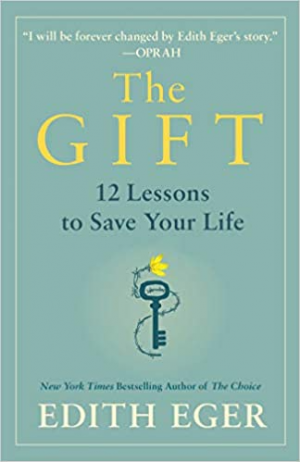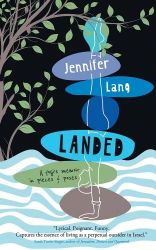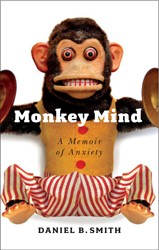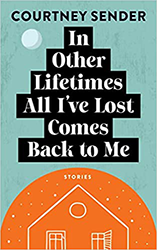To read Eli Sharabi’s memoir about his 491-day captivity by Hamas, written and published mere months after his release, defies logic in some ways. It defies what is taught in both psychology classes and writing classes: that one needs time to process, to obtain perspective. Reading Eli Sharabi’s memoir, Hostage, breaks those conventions wide open.
The prose reads like it is bursting forth, urgent and pressing — and with hostages still being held in Gaza, the immediacy is very real.
The book opens on October 7, 2023, after terrorists have burst into Sharabi’s house. Before the first ten pages are over, Sharabi is in Gaza, kidnapped alongside a Thai agricultural worker named Khun. But before Sharabi even crosses that border, he goes into survival mode: “I focus and concentrate on one mission: surviving to return home.” Sharabi recounts his captivity in the present tense, with stark detail. We are introduced to Almog Sarusi, Hersh Goldberg-Polin, Alon Ohel, Ori Danino, Eliya Cohen, Or Levy, and, eventually, Ohad Ben Ami. He writes about moving from the house in which he was initially kept to the tunnels, about the various conditions of different tunnels, and he details the moods and whims of his captors, which often foreshadowed how the hostages would be treated.
Despite the hellish conditions they were in and the cruelty they faced, Sharabi makes clear that it was the bonds between him and his fellow captives that helped him to survive. Sharabi was not particularly religious, but he and the other hostages had Kiddush every Friday night, since Eliya was observant. Sharabi found solace in prayers like the Shema, along with other Jewish rituals: “I don’t know if I feel G‑d in those moments. But I feel power. I feel a connection. To my people. To our tradition. To my identity. It connects me to my family. To my childhood. To my roots. It reminds me why I must survive. Who I’m surviving for. What I’m surviving for.”
The vast majority of the book is about his time in Gaza as a hostage. His release and life afterward only take up the last couple dozen pages, and while the prose is still forthright and detail-oriented, astute readers will sense a shift — a guardedness in Sharabi’s writing. While readers might want to learn more about his life post-captivity, that’s not the focus of this book.
Hostage is a memoir that bears witness to the atrocities of October 7 and, at the same time, makes the experience very personal and intimate. While Sharabi largely resists philosophizing and searching for deeper meanings, his observations and thoughts on survival, endurance, and hope are much needed at this moment. As he writes, “Hope is never something that comes easily. It’s always something you’ve got to fight for, to work on. Like Kiddush every Friday night, like Eliya’s Havdalah songs at the end of every Sabbath, like the prayers that open every morning, this circle of thanksgiving is something that we stick to, cling to, cleave to. To search for something good. To stay optimistic. To win.”
Jaime Herndon is a medical writer who also writes about parenting and pop culture in her spare time. Her writing can be seen on Kveller, Undark, Book Riot, and more. When she’s not working or homeschooling, she’s at work on an essay collection.





